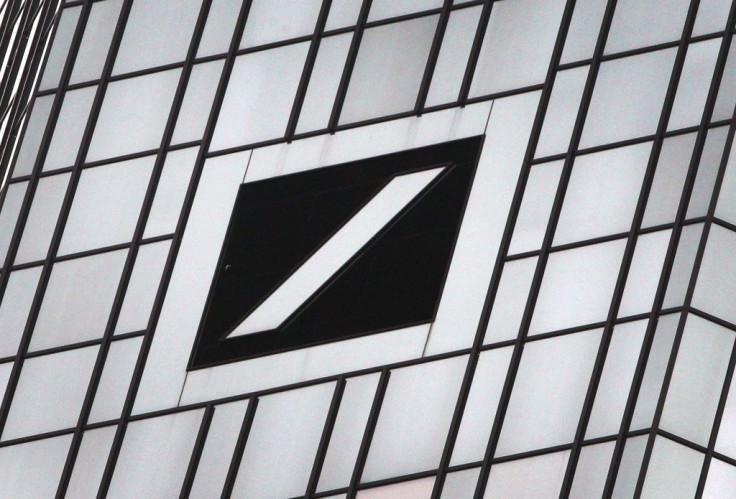Deutsche Bank, Commerzbank Merger Will Create German Mega-Bank

The long-bruited about merger between Deutsche Bank AG and Commerzbank AG, Germany’s largest and second largest banks, has finally gotten rolling with the presidents of both troubled banks receiving separate mandates for merger talks from their board of directors.
Deutsche Bank CEO Christian Sewing and Commerzbank CEO Martin Zielke last week resumed talks about the merger, according to multiple media reports. Both banks refused to comment on the talks, however.
Speculation about the merger began getting louder late last year and intensified in February when German Finance Minister Olaf Scholz said he talked to both banks about their future. At this time, Scholz called reports of a merger of Deutsche Bank and Commerzbank “speculation.” Scholz is known to be in favor of strong banks.
“The truth is we are discussing the situation of the financial industry in Germany, it’s the task of our government,” said Scholz in February.
“We are discussing about clearing, we discuss about the development of the banking sector. We are debating whether the different banks, about their situation, for being able to do the necessary things when something needs to be done.”
Deutsche Bank and Commerzbank see the merger as a guarantor of their future as both have failed to return to sustainable profitability since the Great Recession of 2008.
Deutsche Bank has been wracked by three years of losses, ratings downgrades, failed stress tests, money laundering scandals and its bad loans to U.S. president Donald Trump. The U.S. Congress will soon investigate the bank’s relationship with Trump, who is under investigation for a host of business, legal and ethical lapses.
On the other hand, financially troubled Commerzbank is still partially owned by the German government after receiving a $22 billion bailout from Berlin in September 2016. It has yet to recover from the damaging effects of the Great Recession.

Financial analysts said the new merger talks are in its very early stages and have a long way to go before reaching fruition. They believe the German government is pushing the merger because German companies need a strong and effective bank to cope with the growing global economic slowdown.
“Berlin wants a German champion,” said one analyst.
Other cautioned that two bad banks combined do not make one good bank. The merger will have to be approved after stringent study by both the German government and the European Union.
© Copyright IBTimes 2024. All rights reserved.




















